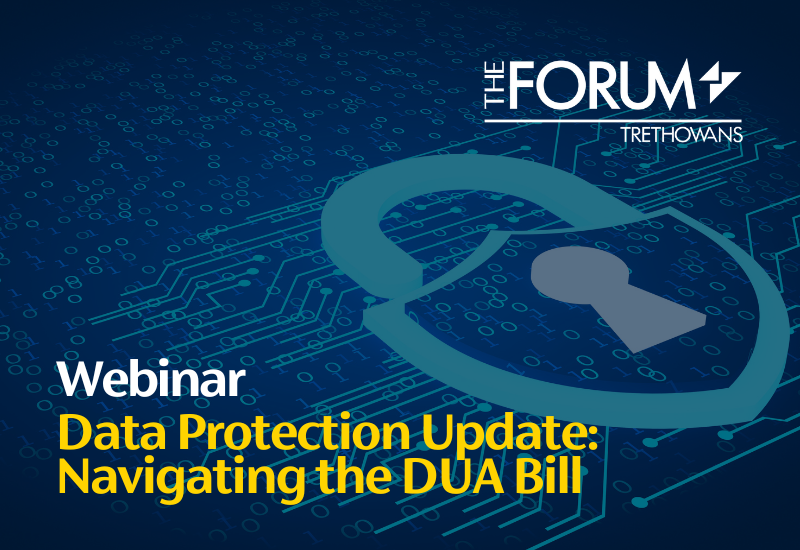They signed what?! When employees exceed their authority

Contracts are the lifeblood of business, but what happens when someone in your organisation signs an agreement they weren’t authorised to? It’s a scenario that many in-house lawyers dread, discovering too late that a significant contract was entered into without proper approval. What are the legal implications, and can the company escape the consequences?
In-house lawyers will be all too familiar with situations like this:
Mr Jones, the Office Manager, enters into a 5-year service contract with a supplier. Three years later, Mr Jones has left the company under less than ideal circumstances. Mr Brown, a director, reviews the contract and claims it was unauthorised – company policy requires two directors to sign off on contracts lasting five or more years. Mr Brown contacts in-house legal and wants to argue the contract is void and can be terminated immediately.
Will this argument work?
Section 40 of the Companies Act 2006 is a good starting point. It allows that the supplier, acting in good faith, was entitled to assume that the directors of the company and those authorised by them were acting in accordance with the company’s constitution. Essentially, the supplier can assume that there are no relevant internal limitations on how directors (and those they authorise) enter into contracts.
The next stage is to consider whether Mr Jones as Office Manager has actual or apparent authority to sign. Some suppliers ask for a letter of authority from a director of the company confirming the supplier can liaise with the Office Manager – was this obtained? If so, there was express actual authority.
If not, was the conduct of the parties sufficient to imply actual authority, or lead to apparent authority? That will always be a question of fact – an office apprentice would not have authority to enter into a service contract for the company, but in many cases an Office Manager would. The supplier will generally be able to rely on apparent authority provided it did not have knowledge of a lack of authority or restriction on authority, and there were no suspicious circumstances.
Finally, has there been any ratification of the contract? In this case, the company has already enjoyed the benefit of the services for three years and presumably has been paying the amounts due under the contract for all that time. Even if the authority arguments fail, the supplier could argue that the contract has been ratified and therefore remains valid and enforceable.
How to manage these risks?
Whilst there may not be a way out of a contract which has already been signed, situations like this highlight the importance of businesses having a clear signing authority policy and communicating this to staff (and regularly reminding them of the policy).

Disclaimer
This information is intended for general informational purposes only and does not constitute legal advice. We recommend seeking professional advice before taking any action on the information provided. If you would like to discuss your specific circumstances, please feel free to contact us on 0800 2800 421.














